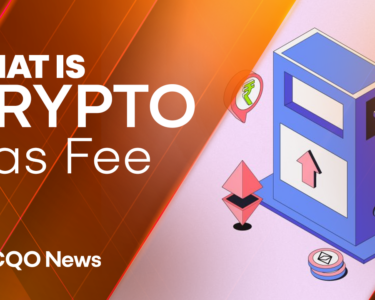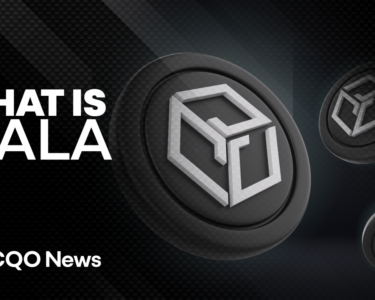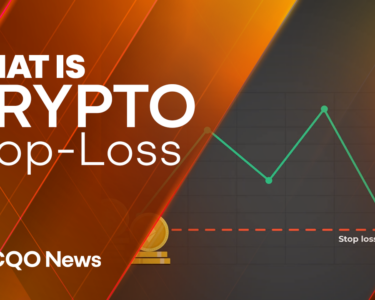What is Smart Contract?
Have you ever heard of the term “smart contract” and wondered what it actually means? Well, you’re in the right place because in this video, we’ll be discussing everything you need to know about smart contracts, from what they are to how they work. So, let’s start with the basics.
A smart contract is a computer program that automatically executes the terms of a contract when certain conditions are met. Think of it as a self-executing contract where the terms of the agreement are written into lines of code.
Smart contracts are typically built on blockchain technology, which means they’re decentralized and transparent. This eliminates the need for intermediaries like lawyers, bankers, or brokers, which can reduce costs and increase efficiency. But how do smart contracts actually work?
Well, let’s say you want to buy a house using a smart contract. The contract would be written in code and stored on a blockchain. The terms of the contract, such as the purchase price, the closing date, and any other conditions, would be written into the code.
Once the terms of the contract are agreed upon by both parties, the smart contract would automatically execute the transaction when the conditions are met. For example, the smart contract could be programmed to transfer the ownership of the house to the buyer once the purchase price has been paid in full.
One of the biggest benefits of smart contracts is that they’re incredibly secure. Since they’re stored on a blockchain, they’re virtually tamper-proof and can’t be altered once they’re executed. This means that you can trust that the terms of the contract will be carried out exactly as written.
Smart contracts have a wide range of applications, from real estate transactions to supply chain management and even voting systems. As more and more industries adopt blockchain technology, the use of smart contracts is likely to become even more widespread.
In conclusion, smart contracts are self-executing contracts that are written in code and stored on a blockchain. They eliminate the need for intermediaries and increase efficiency and security in various industries.
So, the next time you hear someone talking about smart contracts, you’ll know exactly what they’re referring to!






